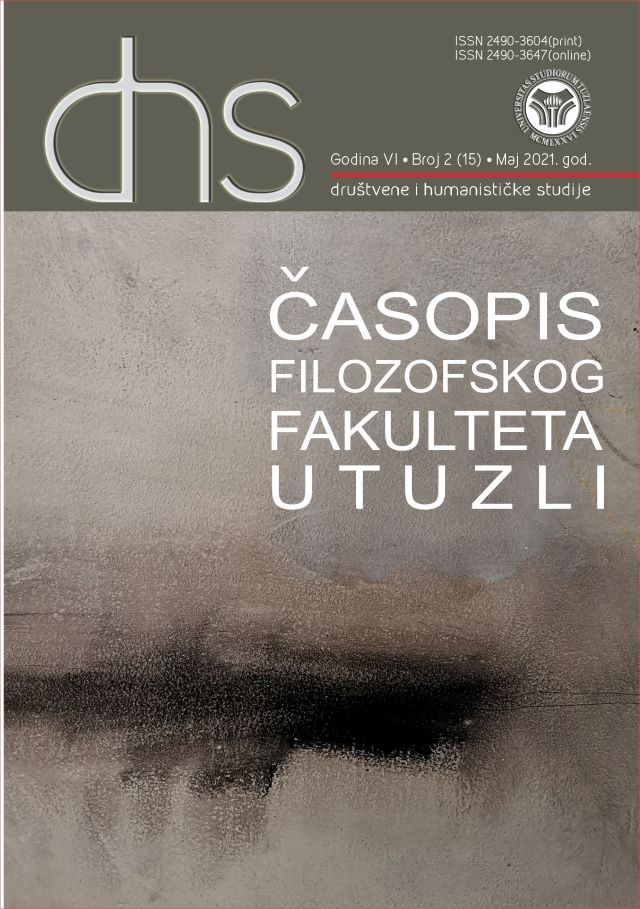On the Etymology of the Negative Suffix -ma/-me in Turkish Languages of the Oghuz Group
On the Etymology of the Negative Suffix -ma/-me in Turkish Languages of the Oghuz Group
Author(s): Shebnem AbbasovaSubject(s): Language studies, Morphology, Philology, Turkic languages
Published by: Filozofski fakultet Univerziteta u Tuzli
Keywords: Turkic languages; Oghuz group; morphology; negation;
Summary/Abstract: The formation of suffixes draws the great attention of turkologists. The negative suffix ma/-me is one the most interesting suffixes because it is not stressed. This fact led the researchers to assume that this suffix comes from an independent word, though ideas on the word that this suffix is original differ among the scientists. The following hypotheses deal with the origin of the negative suffix:1. W. Bang’s and Sh. Tekin’s hypothesis;2. G.J. Ramsted’s and T. Tekin’s hypothesis;3. B.A. Serebrennikov’s and N. Z. Hajiyeva’s hypothesis.In most of these hypotheses, it is stated that the suffix -ma/-me is connected to an auxiliary verb. The negative suffix used in the Old Turkish language and the one being used in the modern Turkic languages is the same - it has not been changed through time or has very few phonetic changes. Accordingly, all of the suggestions about its formation can only be accepted as hypotheses.
Journal: DHS-Društvene i humanističke studije: časopis Filozofskog fakulteta u Tuzli
- Issue Year: XV/2021
- Issue No: 15
- Page Range: 135-144
- Page Count: 10
- Language: English

